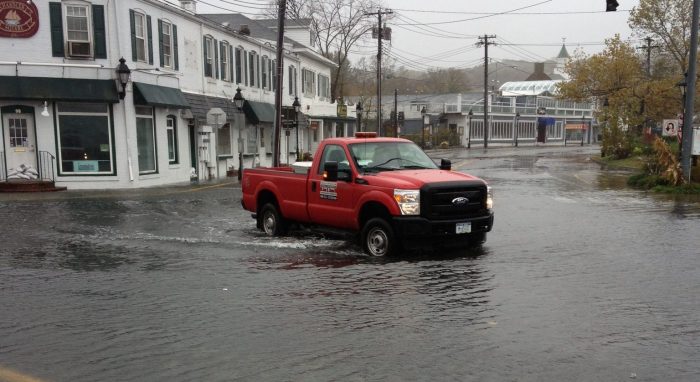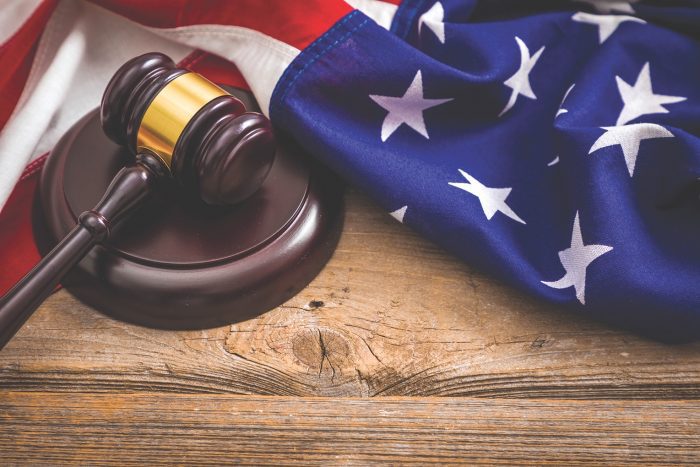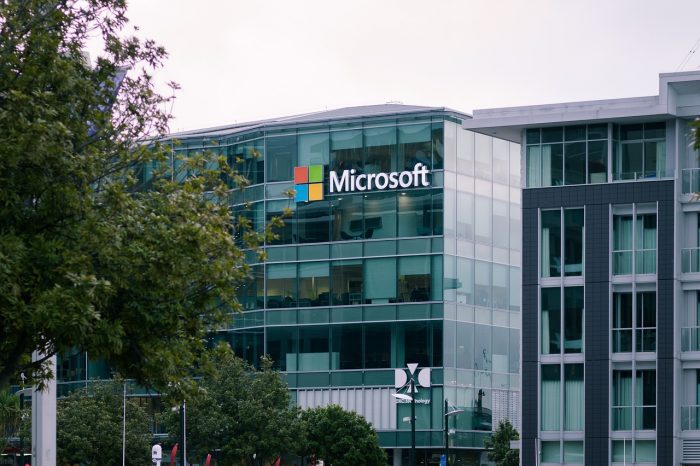As discussed in the paper this week, the Oct. 7 service at the North Shore Jewish Center in Port Jefferson Station served as a coming together of humans healing from an event which rocked a nation and the world, one year ago this month.
But, it is so incredibly crucial to note that it was a group of human-beings coming together — not people of any one religion, background or gender — but people of all walks of life, who gathered on that Sunday night to comfort one another, and lend a shoulder to anyone in need of comfort.
Despite the presence of a few politicians, the night was not one of politics, but of deep empathy for anyone who lost a dear one in Israel, or community members who know someone who has.
It was a beautiful reminder that despite the complexities of what is happening in the Middle East at this moment in time, we can still congregate as a united body, purely in support of humanity.
No hidden agendas. No hatred of anybody.
People were there to hold one another’s hand, and honor the memory of those they loved, and those they had never met.
At its core, religion is about peace, love and compassion, and that was precisely what occurred that night. People of a shared faith, came together in prayer to provide their neighbors with an hour of solace.
And, we can all use some solace in these horrific times.














